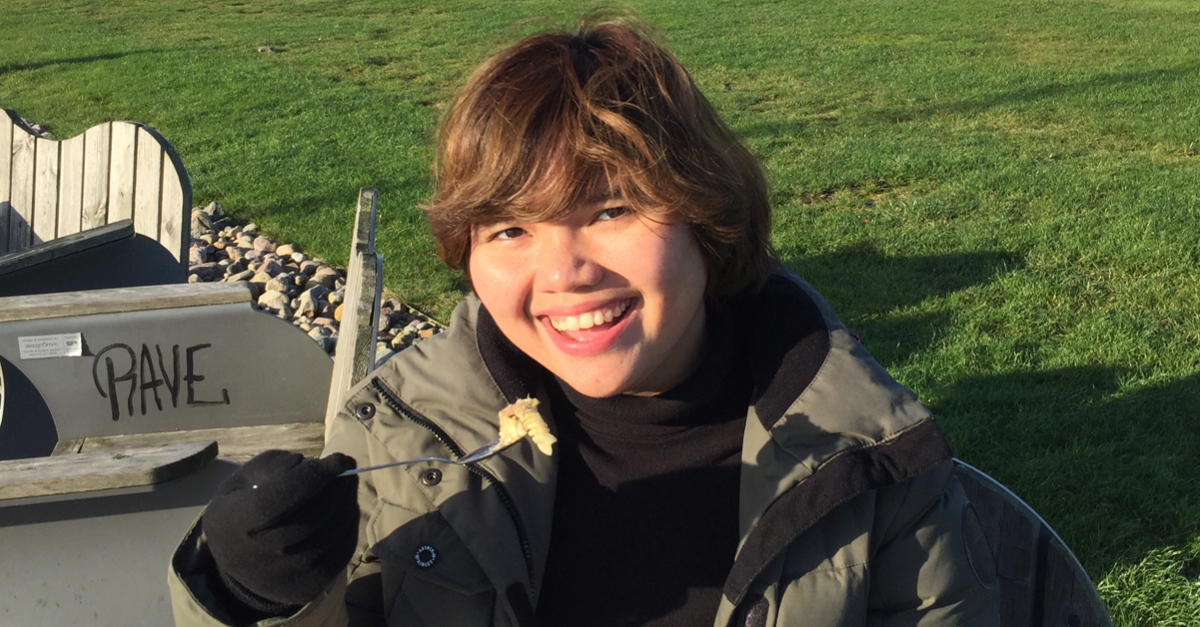7 Scholarship Application Tips – From the Winners!


Who better to share advice on scholarship applications than students who’ve already successfully applied for funding? With this in mind, we asked some of this year’s QS Scholarship winners to share their top tips when finding and applying for scholarships. Here’s what they said…
1. Apply as early as possible.
This is one of those pieces of advice you’re probably sick of hearing already, but our scholarship winners do say it was important for their success. “Schools have a specific amount of funding available and the earlier you apply, the more you will receive and the easier it will be to get a scholarship,” says Alexis Csizmazia, who received one of this year’s QS-IE University Scholarships.
2. Check university websites for opportunities.
If you know which universities you want to study at, then the institution websites are a good place to start your scholarship search. Doris Fang, winner of the 2015 QS Connect Masters 1-2-1 Scholarship, says: “I would suggest looking through the website of the university you’re intending to apply to. Normally, the university’s website will give a great deal of resources on scholarships, financial aid and other funding.”
3. Search for other scholarship providers.
Our scholarship winners also highlight the importance of looking beyond universities to find alternative scholarship providers, such as the QS Scholarships scheme. “Research is the key,” says Thuy Phamova Thanh, who successfully applied for one of the QS-Manchester Business School Scholarships. “Talk to people and search using various resources, such as libraries, internet or books, for available funding opportunities.”
4. Pay close attention to the application essay topic.
Once you’ve identified relevant scholarships to apply to, the next stage is to ensure each scholarship application you write is well-targeted for the opportunity in question. “Take the time to analyze the application essay topic, advises Salimatou Balde, another QS-IE University Scholarship recipient. “Identify all the key words, take time to understand them and strictly stick to the question when you answer.”
5. Get someone else to read your application.
As well as helping you identify typos or other errors, constructive feedback can also help you become more aware of your own relevant strengths and achievements. “My scholarship applications have always been greatly improved after I’ve gotten someone to pass a critical eye over them,” says Stephen Jarvis, recipient of the 2015 QS Academic Excellence Scholarship. “If it’s someone who knows where you’re coming from, they can often think of things that you hadn’t, as well as helping you tighten up the text and check your grammar.”
6. Manage your time well.
Time management is especially critical if you’re juggling multiple scholarship applications. Make a calendar of all the deadlines and give yourself plenty of time to work on each application, and ensuring you submit all the required documents. Valentina Sandulova, winner of this year’s QS EDHEC-Business School Scholarship, was working full-time at the same time as applying. She advises: “Be patient, keep applying, and make sure you manage your time well so you meet all the deadlines.”
7. Apply, apply, apply!
Finally, the last and most common piece of advice from our scholarship winners is quite simply: stop doubting yourself, and start applying! “I wasn’t sure whether to apply for this and other scholarships at first, because they are quite competitive,” says QS Leadership Scholarship winner Lee MacPherson. “However, putting in the effort was one of the best decisions I ever made.”
Indeed, all of our scholarship winners point out that they received plenty of rejection letters before meeting with success, proving that it’s important – and worthwhile – to keep on applying. You never know which scholarship application will be the one that succeeds. And finally, Thuy says, “Most importantly, don’t give up on your dreams.”









